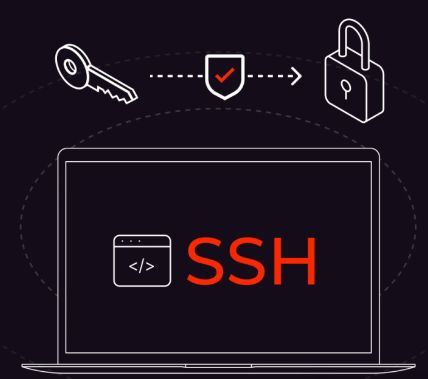在linux系统中,ssh的重要性不可低估。它的加密通信功能能够确保数据传输的安全性,同时多种身份验证方法也能有效地防止未经授权的访问。
端到端安全建立安全通信链路,防止数据泄露。
管理员通过SSH实现灵活的访问控制,限制登录用户和IP地址。
SSH还具有审计和日志记录功能,它能够记录用户的活动,使管理员能够定期审查日志,监控系统的安全性,并及时发现任何异常行为。
这些安全特性共同确保系统的整体安全。

/etc/ssh/sshd_config
PermitRootLogin no
sudo systemctl restart sshd
ssh-keygen
ssh-copy-id user@hostname
/etc/ssh/sshd_config
Port 22 为其他端口sudo systemctl restart sshd
/etc/ssh/sshd_config
AllowUsers username1 username2
sudo systemctl restart sshd
tcp_wrappers 或 firewall 配置访问控制/etc/ssh/sshd_config
LoginGraceTime 30s 检测登录超时sudo systemctl restart sshd
iptables 或 ufw
/etc/ssh/sshd_config
MaxAuthTries 3 限制尝试次数sudo systemctl restart sshd
/etc/hosts.allow 和 /etc/hosts.deny 文件配置访问控制/var/log/auth.log 或 /var/log/secure 日志文件,以检测异常登录行为确保在对 SSH 服务器进行任何更改之前,备份配置文件以防出现问题。
以上就是Linux怎么保护SSH的安全的详细内容,更多请关注php中文网其它相关文章!

每个人都需要一台速度更快、更稳定的 PC。随着时间的推移,垃圾文件、旧注册表数据和不必要的后台进程会占用资源并降低性能。幸运的是,许多工具可以让 Windows 保持平稳运行。

Copyright 2014-2025 https://www.php.cn/ All Rights Reserved | php.cn | 湘ICP备2023035733号